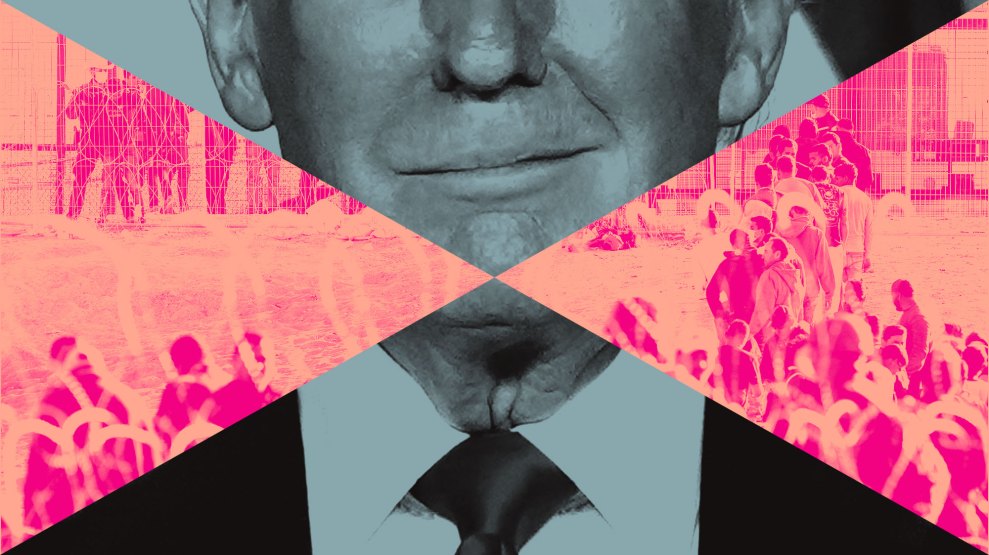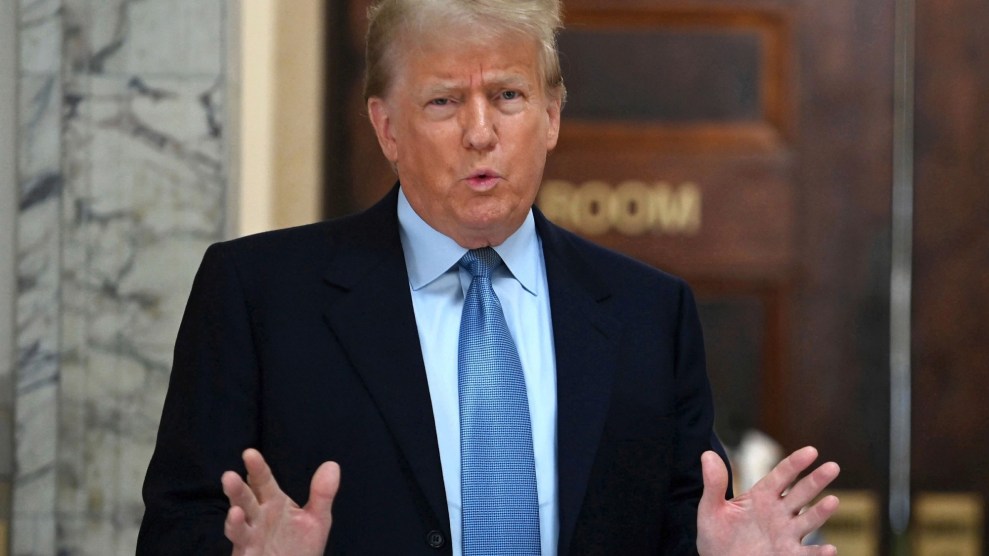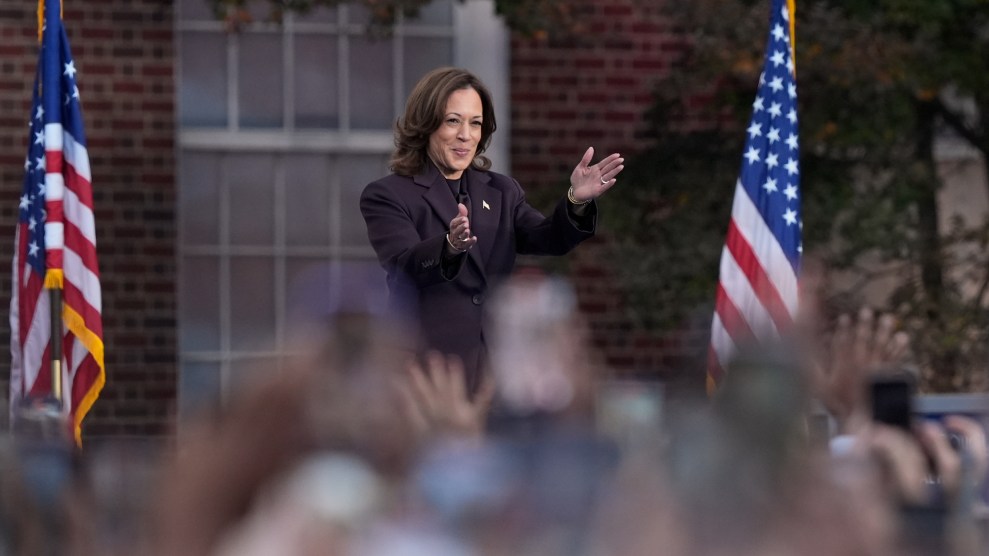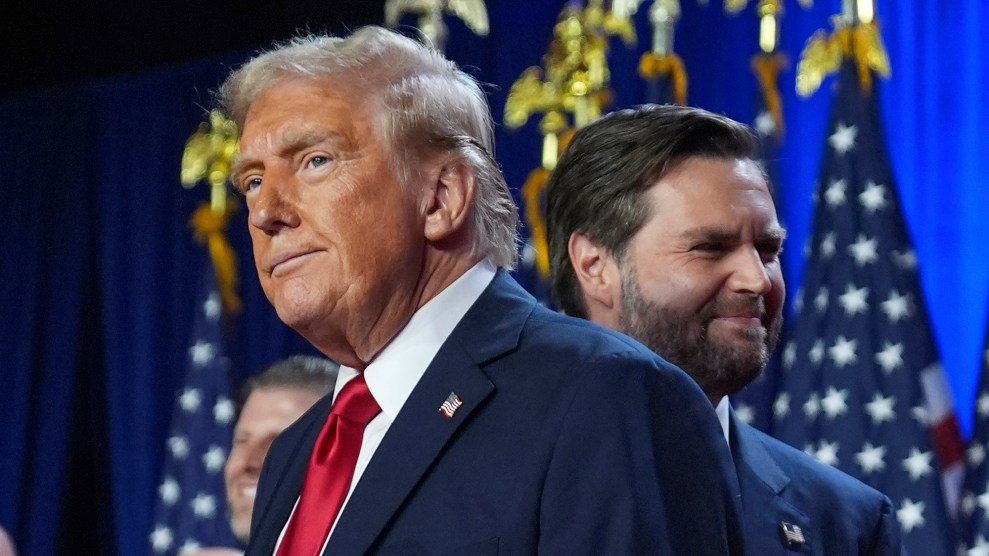Count one for the good guys. In the government’s ongoing fight to control information in the public sphere, someone with the right combination of chutzpah, legal expertise, and media savvy finally got the government to back down in a stand off.
That “someone,” of course, was the ACLU, who as of late has be enmeshed in a battle with federal prosecutors over a document detailing the Army’s new internal regulations on photographing detainees. (The document is now available on the ACLU website and is relatively harmless.)
What’s remarkable is that there is no national security justification for suppressing the document. It was a use of the legal apparatus by the government to quash unflattering news, which is pretty draconian. Of course, the ACLU has some boasting to do: “This was a legal stand-off with enormous implications for free speech and the public’s right to know, and today the government blinked,” said ACLU Executive Director Anthony D. Romero. “The Bush Administration’s attempt to suppress information using the grand jury process was truly chilling and is unprecedented in law and in our history as an organization. We could not be more pleased to have turned back the government from its strong-arm tactics.”
This is part and parcel with the Bush Administration’s fight with the press. “In this case,” said Floyd Abrams, a First Amendment lawyer, “the ACLU’s function is presslike” in that is acts as a government watchdog and delivers important information to the public. A while back, Mother Jones mentioned that the number of subpoenas that the Heart Co. has received of its lawyers has increased twentyfold over the last few years. Other examples of press suppression abound, which is why the United States tied for 53rd in the last Press Freedom Rankings.















